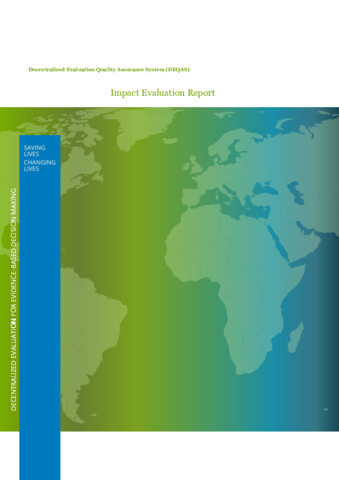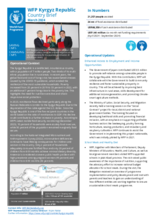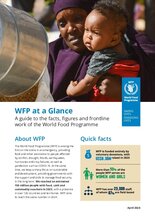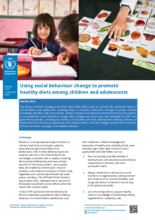
The potential to improve children’s developmental outcomes by providing a morning meal in conjunction with school lunch is an important question with significant policy implications for school feeding programmes both in Armenia and worldwide. Hence, this evaluation was commissioned to evaluate the addition of a morning snack to an existing school lunch programme to determine if this addition improves the attention and capacity for learning of preschool.
In order to rigorously test the impact of this programme a randomized control trial was implemented. Schools in three provinces were randomized into a treatment group and a control group and the impact of the programme on both fluid intelligence (attention and processing speed) and crystalized intelligence (school readiness) was assessed.
Key findings from the evaluation suggest the that:
- Less advantaged children are benefiting more from the school snack programme which narrow down inequality gap.
- Significant effects have been registered on verbal fluency for underweight children, children from families with the lowest expenditure and lower maternal education.
- Processing speed, fluid reasoning, short term memory scores increased significantly among children from families with lower expenditure and lower maternal education.
- Overall findings demonstrate that the morning snack programme is important and needed for Armenian context.
- Due to its tangible positive effect on less advantaged children the morning snack programme can be scaled up.
Key recommendations include:
- Continue the snack pilot programme in the three provinces
- Expand programme to include the schools in control group for at least an additional school year for ethical purposes
- Scale up and include the programme as part of the National School Feeding Programme



